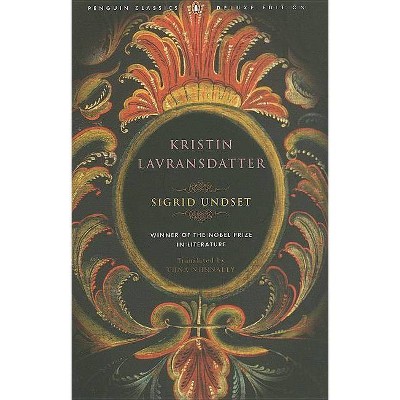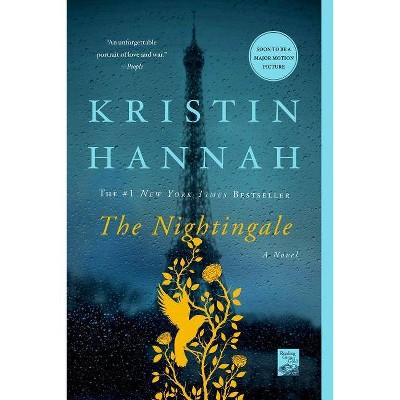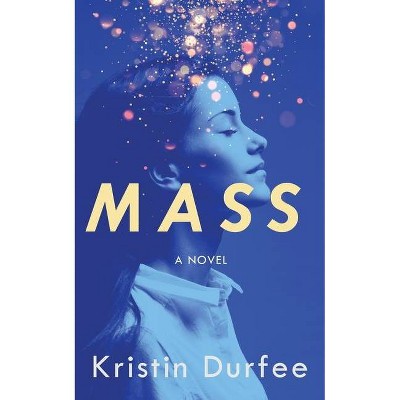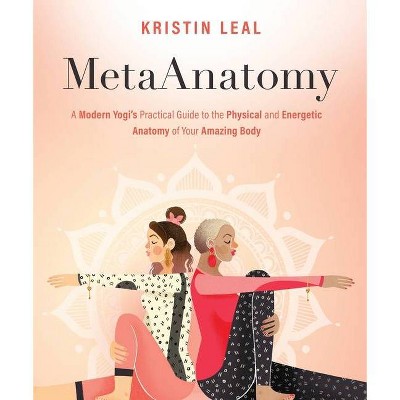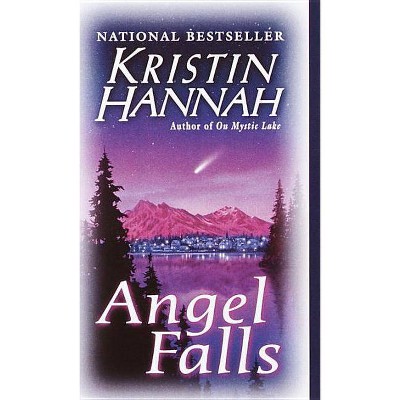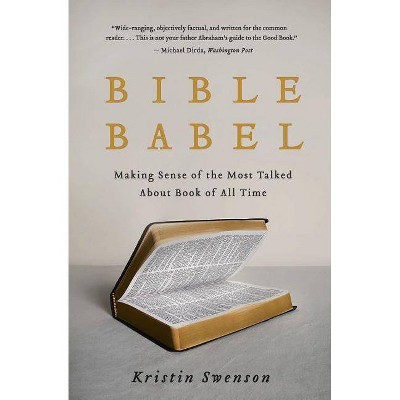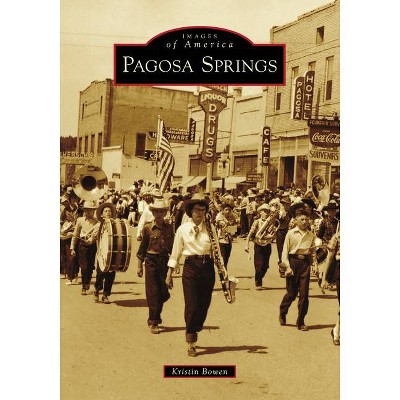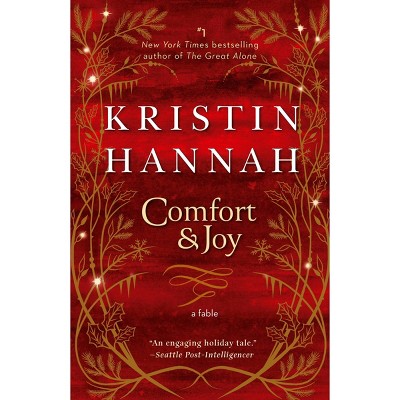Intermodernism - by Kristin Bluemel (Paperback)
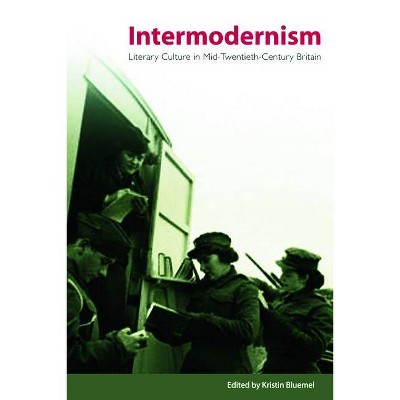
Similar Products
Products of same category from the store
AllProduct info
<p/><br></br><p><b> About the Book </b></p></br></br>This collection of original critical essays, newly available in paperback, launches an ambitious, long-term project marking out a new period and style in twentieth-century literary history.<p/><br></br><p><b> Book Synopsis </b></p></br></br>These 10 original critical essays examine the fascinating writing of the Depression and World War II. Divided into four sections -Work, Community, War, and Documents - the volume focuses on texts that are typically ignored in accounts of modernism or The Auden Generation.Chapters examine writing by Elizabeth Bowen, Storm Jameson, William Empson, George Orwell, J. B. Priestley, Harold Heslop, T. H. White, Sylvia Townsend Warner, Rebecca West, John Grierson, Margery Allingham and Stella Gibbons. These authors were politically radical, or radically 'eccentric', and tended to be committed to working- and middle-class cultures, non-canonical genres, such as crime and fantasy, and minority forms of narrative, such as journalism, manifestos, film, and travel narratives, as well as novels. The volume supports further research with an appendix, 'Who Were the Intermodernists?', a listing of archival sources and an extensive bibliography<p/><br></br><p><b> From the Back Cover </b></p></br></br>AUTHOR APPROVED Intermodernism Literary Culture in Mid-Twentieth-Century Britain Edited by Kristin Bluemel 'The recovery work of <i>Intermodernism</i>'s contributors makes the case that adding another prefix to modernism will help clarify twentieth-century cultural studies and add new voices to humanities classrooms and scholarship.' <i>Pennsylvania Literary Journal</i> 'Creates a new paradigm for the study of 20th-century literature and culture. . . Highly recommended.' <i>Choice</i> These 10 original critical essays examine the fascinating writing of the Depression and World War II. Divided into four sections -Work, Community, War, and Documents - the volume focuses on texts that are typically ignored in accounts of modernism or The Auden Generation. Chapters examine writing by Elizabeth Bowen, Storm Jameson, William Empson, George Orwell, J. B. Priestley, Harold Heslop, T. H. White, Sylvia Townsend Warner, Rebecca West, John Grierson, Margery Allingham and Stella Gibbons. These authors were politically radical, or radically 'eccentric', and tended to be committed to working- and middle-class cultures, non-canonical genres, such as crime and fantasy, and minority forms of narrative, such as journalism, manifestos, film, and travel narratives, as well as novels. The volume supports further research with an appendix, 'Who Were the Intermodernists?', a listing of archival sources and an extensive bibliography. Kristin Bluemel is Professor of English at Monmouth University in New Jersey. She is author of <i>George Orwell and the Radical Eccentrics: Intermodernism in Literary London</i> (2004) and <i>Experimenting on the Borders of Modernism: Dorothy Richardson's Pilgrimage</i> (1997). She edits the interdisciplinary journal <i>The Space Between: Literature and Culture 1914-1945</i><p/><br></br><p><b> Review Quotes </b></p></br></br><br><p>This collection offers more than a series of case studies illustrating what Bluemel (Monmouth Univ.) calls intermodernism. It creates a new paradigm for the study of 20th-century literature and culture. Building on her own George Orwell and the Radical Eccentrics (CH, Sep'05, 43-0148), the editor brings together major scholars of 1930s-40s Britain under the rubric of intermodernism, defined in her compelling introductory essay as an aesthetic, institutional, and ideological category meant to delineate the space between modernism and postmodernism and to serve as a critical tool ... The extensive bibliography and appendix (Who Are the Intermodernists?) will facilitate further research, especially by including the locations of archival material ... Highly recommended. </p>--J. M. Utell, Widener University<br><br><p>...a richly rewarding essay which will send the reader back to the original texts with new thoughts and new questions.</p>--Helen Southerland "The Journal of the Sylvia Townsend Warner Society"<br><br><p><b>Intermodernism</b> is an attractive book in its own right, full of thoughtful and often surprising readings of particular texts, writers, and movements. It is also a welcome and substantial contribution to the ongoing rediscovery of mid-twentieth century British writing: that "fascinating, compelling and grossly neglected" body of work, as Kristin Bluemel sums it up in her opening paragraph.</p>--Marina MacKay, Washington University in St. Louis "Journal of British Studies"<br><br><p>'The recovery work of <i>Intermodernism</i>'s contributors makes the case that adding another prefix to modernism will help clarify twentieth-century cultural studies and add new voices to humanities classrooms and scholarship.'</p>--Pennsylvania Literary Journal<br><p/><br></br><p><b> About the Author </b></p></br></br><p>Kristin Bluemel is Professor of English and Wayne D. McMurray Chair in the Humanities at Monmouth University in New Jersey. She is the author of books on modernist Dorothy Richardson and intermodernist George Orwell; articles and chapters on regional and middlebrow writers; editor of <i>Intermodernism: Literary Culture in Mid-Twentieth-Century Britain</i> (EUP, 2011), and past editor of the journal <i>The Space Between: Literature and Culture, 1914-1945</i>. Her work in progress examines interwar women wood engravers.<p>
Price History
Price Archive shows prices from various stores, lets you see history and find the cheapest. There is no actual sale on the website. For all support, inquiry and suggestion messages communication@pricearchive.us

